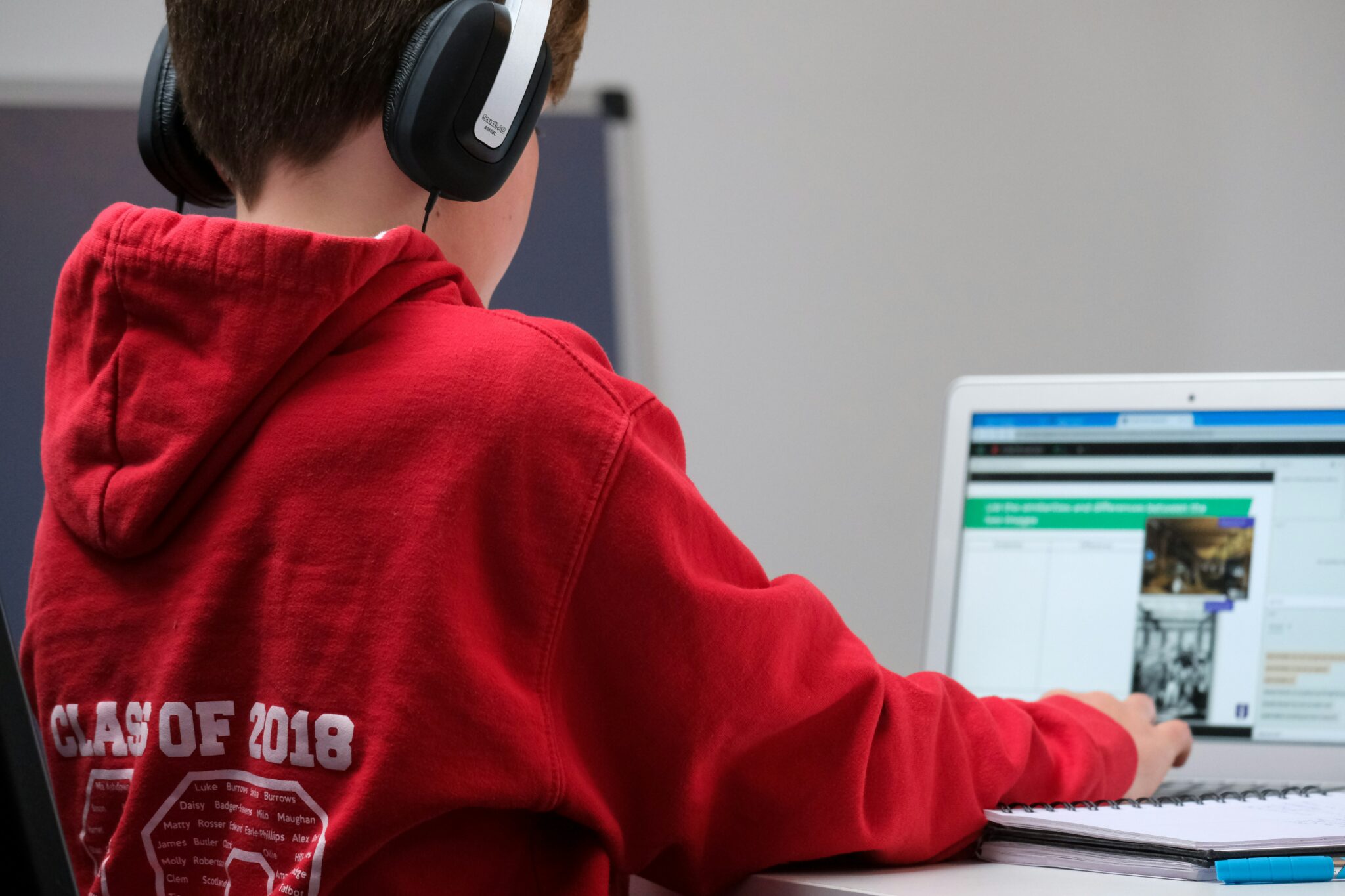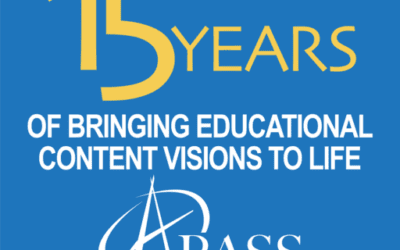The regulations of Title II of the Americans with Disabilities Act (ADA) were updated in April 2024, with specific rules and requirements for websites and mobile applications to be accessible to people with disabilities. These regulations specifically mandate that state and local governments ensure their services, programs, and activities are accessible to individuals with accessibility needs.
This update encompasses all offerings, from public education and transportation to online services and mobile applications. The goal is to provide equal opportunities for participation and benefit to all citizens, regardless of disability.
For groups and individuals who develop educational content, these regulations highlight the importance of creating digital learning platforms, resources, and interactive content that meet evolving accessibility standards. Whether developing e-learning modules, digital textbooks, or online assessment tools, compliance with ADA Title II is essential to provide equitable learning experiences.
Key Takeaways of ADA Title II:
- Equal Access to Educational Programs and Services:
- State and local governments must provide individuals with disabilities equal access to educational programs and services. This includes public education, transportation, healthcare, social services, courts, voting, and more.
- Digital content providers must ensure learning management systems (LMS), online courses, and multimedia resources are designed with universal accessibility in mind.
- Effective Communication:
- Educational providers are required to communicate with learners with disabilities as effectively as they do with all other learners.
- This may require providing auxiliary or alternative formats for instructional materials, such as:
- Captions and transcripts for video and audio content
- Screen reader compatibility for text-based resources
- Large print options for documents
- Keyboard navigation for e-learning platforms
- Reasonable Modifications:
- Policies, practices, and procedures are required to be adjusted as needed to avoid discrimination in learning environments. For example, a virtual classroom platform may need to integrate speech-to-text software for students with hearing impairments or allow extended time for assessments for those requiring accommodations.
- Accessible Web Content and Digital Learning Applications:
- With the increased use of and reliance on digital platforms, the Department of Justice specified that all web content and mobile apps provided by public educational institutions must be accessible to individuals with disabilities. These platforms can include:
- Course registration portals
- Virtual classrooms and video conferencing tools
- Online testing platforms
- Educational mobile apps
- With the increased use of and reliance on digital platforms, the Department of Justice specified that all web content and mobile apps provided by public educational institutions must be accessible to individuals with disabilities. These platforms can include:
- Compliance for New Digital Learning Material
- Any newly developed educational platforms, course websites, or digital libraries must comply with ADA accessibility standards from the start. This means integrating accessibility considerations during the UX/UI design phase to prevent costly retroactive fixes.
ADA Title II is not just about legal compliance. It is most importantly about ensuring that all learners have equal opportunities to engage, learn, and succeed in an increasingly digital education world. By prioritizing accessibility, inclusive formatting, and reasonable modifications, educational content developers can contribute to a more equitable learning experience for students of all abilities.

Andrew Pass
Founder and Visionary




